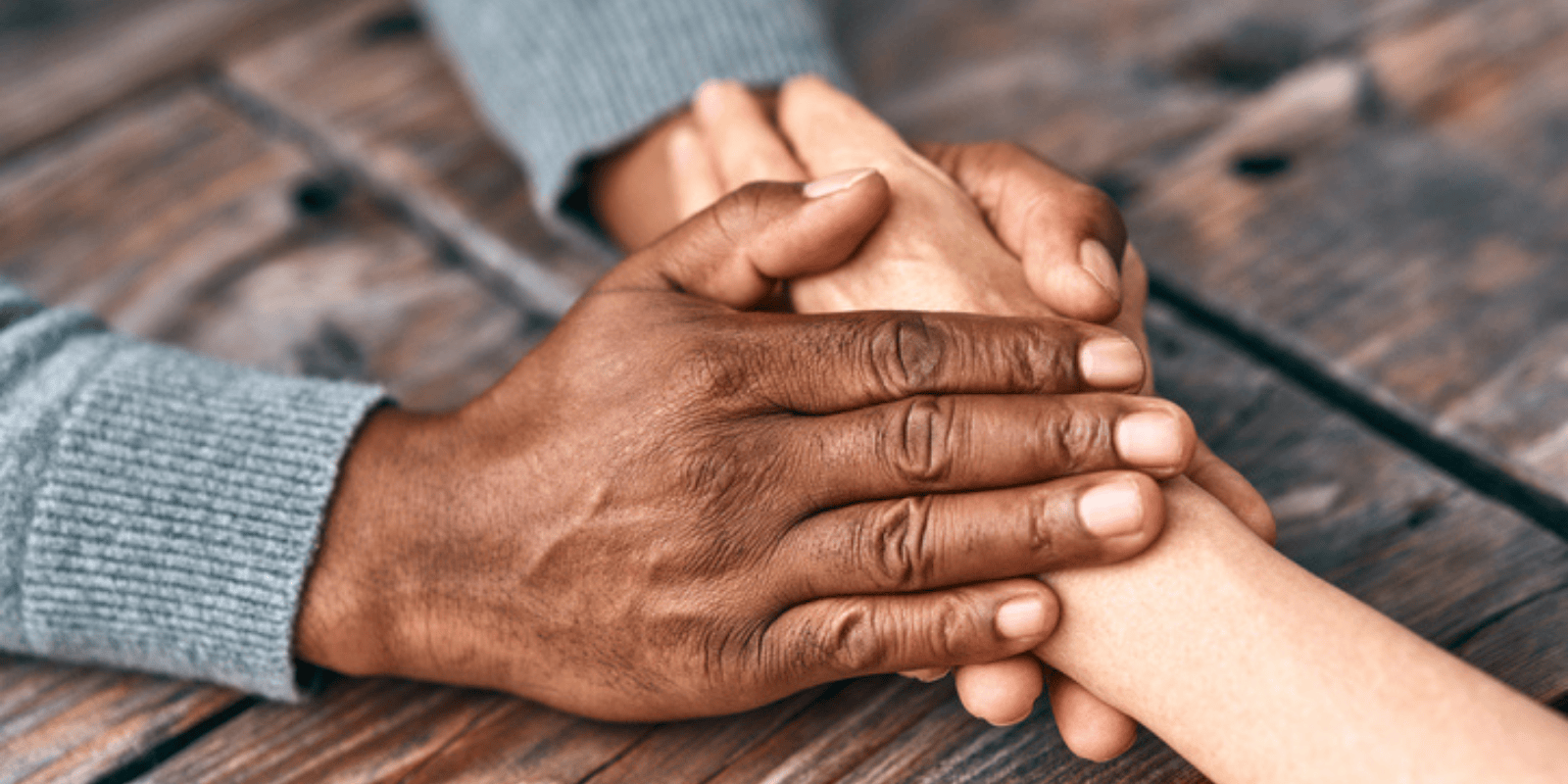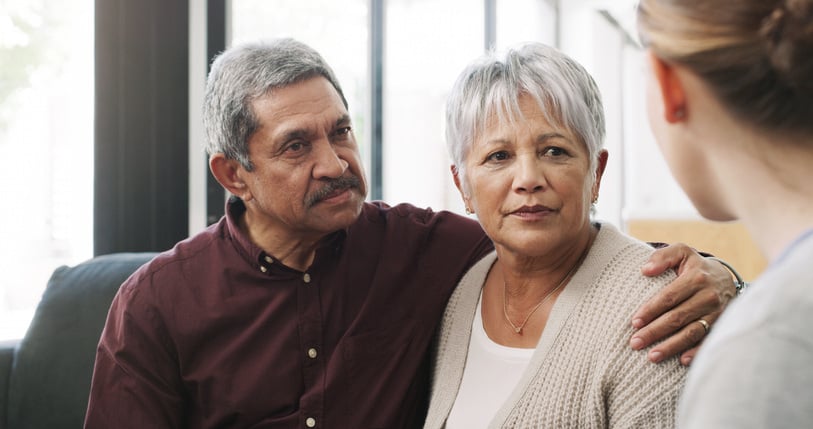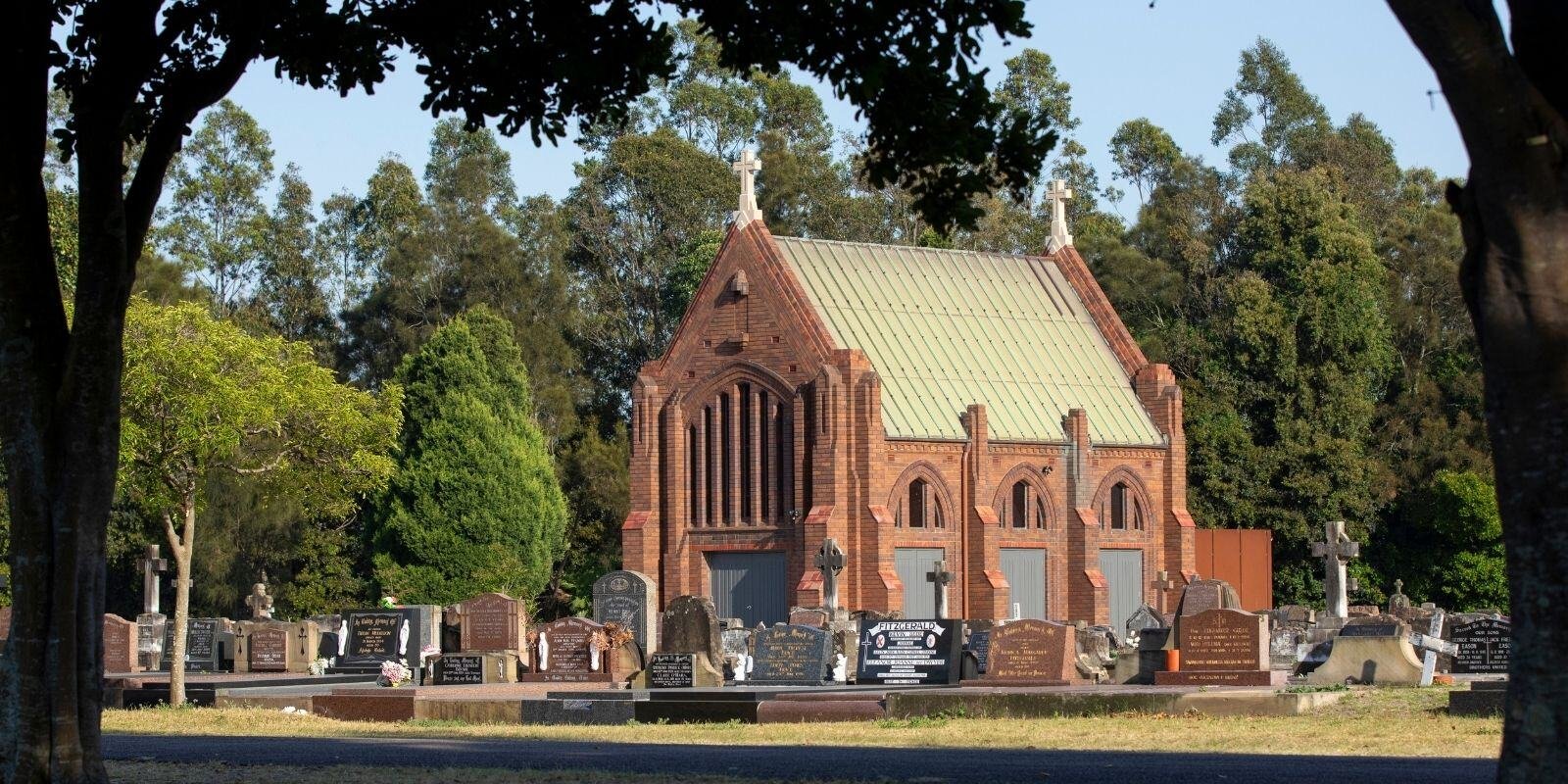
Doula teachings: support for end of life choices
Rest Assured Webinar
26 June 2024
Rest Assured webinar presented by Ruth Boydell
As part of our Rest Assured series, this webinar explored the important and often misunderstood role of death doulas—non-medical professionals who offer emotional, spiritual, and practical support to individuals and their families at the end of life.
The webinar provided valuable guidance for those supporting a loved one who is ageing, frail, or living with a life-limiting illness. It also offered insights for individuals seeking to organise their own affairs and approach the end of life with greater clarity and confidence.
Attendees were introduced to the scope of doula work, including when it may be helpful to engage a death doula, what kind of support they can offer, and the difference they can make in navigating the dying process with dignity and compassion.
The session also covered:
-
The responsibilities and boundaries of a death doula
-
Common challenges and deeply personal rewards of the role
-
Pathways to becoming a death doula, including relevant training, courses, and qualifications
The presentation concluded with an open Q&A session, allowing participants to engage directly with the topic and share their own reflections and experiences.
%20(30).png?width=800&height=600&name=Module%20-%20image%20with%20Text%20(800%20x%20600)%20(30).png)
Who is Ruth Boydell?
Ruth is not a therapist or a medical professional. Her background includes being an ocean sailor, an adult educator with 30 years of TAFE teaching experience, and a carer.
Her awareness of her own mortality seven years ago and her spiritual care training, along with personal experiences of loss, led her to become a death doula teacher.

What is a death doula?
A death doula is a non-medical support person who provides guidance and companionship to individuals and their families at the end of life. Their support can begin at various stages, such as during life planning, following a diagnosis, while organising personal affairs, navigating health challenges, or acting as a health advocate.
Death doulas are also known by other names, including navigator, companion, amicus mortis, deathwalker, friend, griefwalker, death midwife, soul midwife, community death-care practitioner, and end-of-life consultant.
When to call a death doula
A death doula can provide support at many different stages, depending on individual needs. The presentation outlined the following key stages to engage a death doula:
- Planning ahead: Death literacy, wills, Advance Care Plans, ageing in place.
- Diagnosis or ageing: Review documents, spiritual support, care planning, support networks.
- Life-limiting illness: Community support, equipment, NDIS access.
- Palliative care: Work with care teams, hospice options, emotional legacy.
- Active dying: Recognise signs, support carers, bedside vigils.
- Voluntary assisted dying: NSW system guidance, other end-of-life options.
- At death: Slow the process, bring the body home, and legal and practical advice.
- After-death care: Home care of the body, rituals, grief integration.
- Funeral or memorial: Burial, cremation, service planning.
- Returning to the elements: Burial, scattering, alternative memorials.
- Bereavement: Grief support, estate clearance, self-care.

Why consider doula training?
The presentation also explored why individuals may choose to pursue doula training. Motivations often include a personal interest in end-of-life care, supporting a loved one, preparing for one’s own end-of-life planning, or establishing a business in the field.
The webinar highlighted a range of learning options from short courses to more comprehensive qualifications.
What is Rest Assured?
Rest Assured is a webinar series encouraging open and meaningful conversation about death-related topics so people can make informed decisions about their own, and their loved ones’, end-of-life care and wishes.
Supported through its foundational community partnership between Metropolitan Memorial Parks and Newcastle Compassionate Community, this free public program creates a safe space for discussing end-of-life matters.
Featuring specialists across diverse cultures and industry-related sectors, topics include end-of-life planning, Advanced Care Plans, legal aspects and responsibilities, burial and memorial service options, cultural approaches and practices, grief and loss support resources.
Understanding these cultural differences nurtures respect, inclusion, and appreciation in an increasingly globalised world. Recognising and embracing different death traditions allows us to support and comfort those from various backgrounds, helping to create a more compassionate and inclusive society.
Explore more from the Rest Assured series
To read articles and access resources from past Rest Assured webinars, visit our Rest Assured Hub—a dedicated space within our Resource Hub that supports informed, inclusive, and compassionate end-of-life conversations.







-1.jpg?width=1600&name=Banner%20(7)-1.jpg)







.jpg?width=1600&name=RGC%20Gallery%20(3).jpg)




.jpg?width=2000&name=Copy%20of%20MMP%20Website%20Header%20Image%20Template%20(1).jpg)
.jpg?width=1600&name=WMP%20Wonderfully%20Made%20Memorial%20(1).jpg)

.jpg?width=2000&name=Copy%20of%20MMP%20Website%20Header%20Image%20Template%20(2).jpg)

.jpg?width=800&name=Untitled%20design%20(56).jpg)












